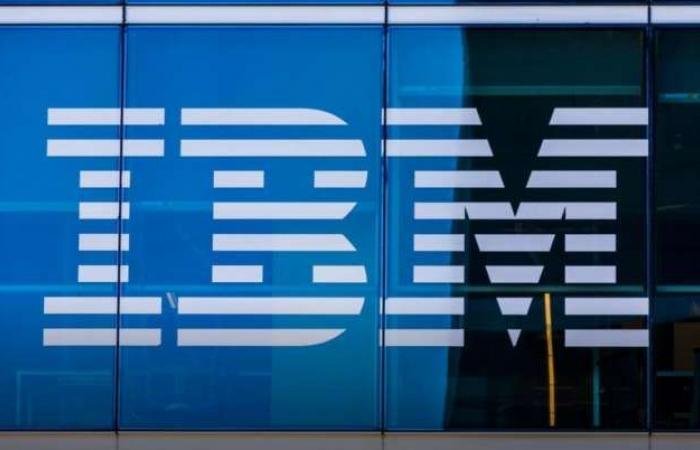IBM Consulting has established a Center of Excellence for generative AI. It stands alongside IBM Consulting’s existing global AI and Automation practice, which includes 21,000 data and AI consultants who have conducted over 40,000 enterprise client engagements.
The Center of Excellence (CoE) already has more than 1,000 consultants with specialized generative AI expertise that are engaging with a global set of clients to drive productivity in IT operations and core business processes like HR or marketing, elevate their customer experiences and create new business models.
“Our CoE is ready to help accelerate our clients’ business transformations with enterprise-grade AI, including the newly announced IBM watsonx, as well as technology from our ecosystem of business partners,” said John Granger, Senior Vice President, IBM Consulting in a blog.
According to IBM, the CoE is off to a fast start. In 2023 alone, IBM Consulting has interacted with more than 100 clients and completed dozens of engagements infusing generative AI alongside classical machine learning AI strategies.
Examples include delivering AI-generated spoken sports commentary to millions of fans at The Masters, combining generative AI with IBM Watson to verify the discovery of new applications of Mitsui Chemicals products and applying generative AI in the customer relationship process at Bouygues Telecom. In our early work applying foundation models, IBM Consulting has seen some clients experience up to 70% acceleration in time-to-value with foundation models, as compared to traditional AI approaches.
Generative AI has progressed quickly beyond experimentation; businesses are embracing it to improve customer service, seize new market opportunities and more. IDC1 estimates the AI Services market will grow from approximately $36 billion USD in 2023 to approximately $65 billion USD in 2026.
A recent IBM Institute for Business Value survey2 found surveyed executives report their organizations are using generative AI in finance (34%), HR (41%), supply chain (45%), marketing and sales (40%), customer service (57%), and IT services and technology (63%).

